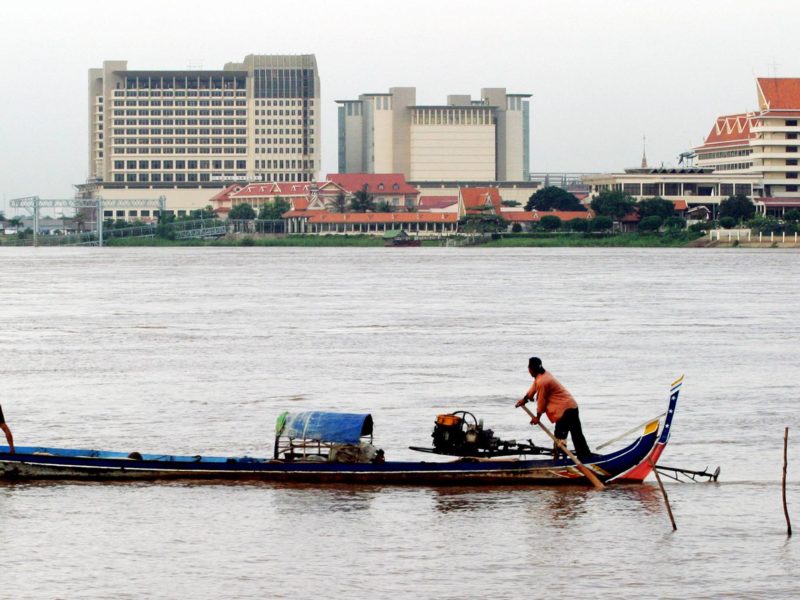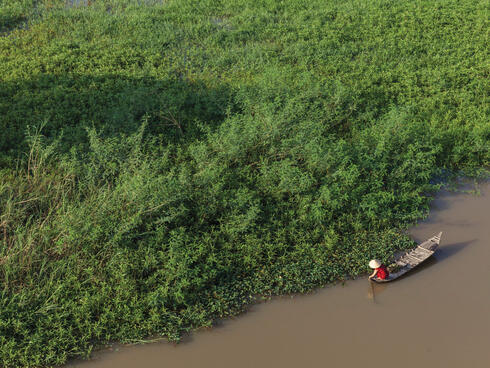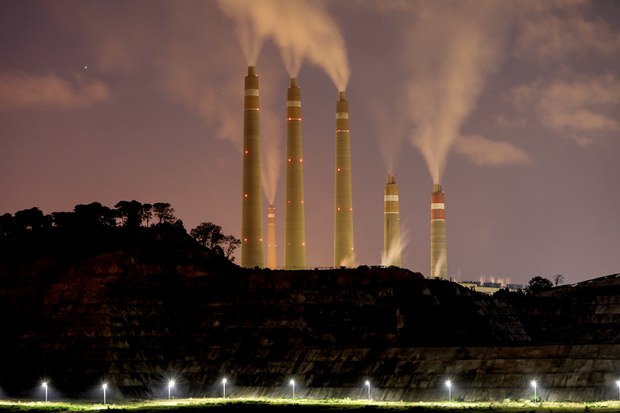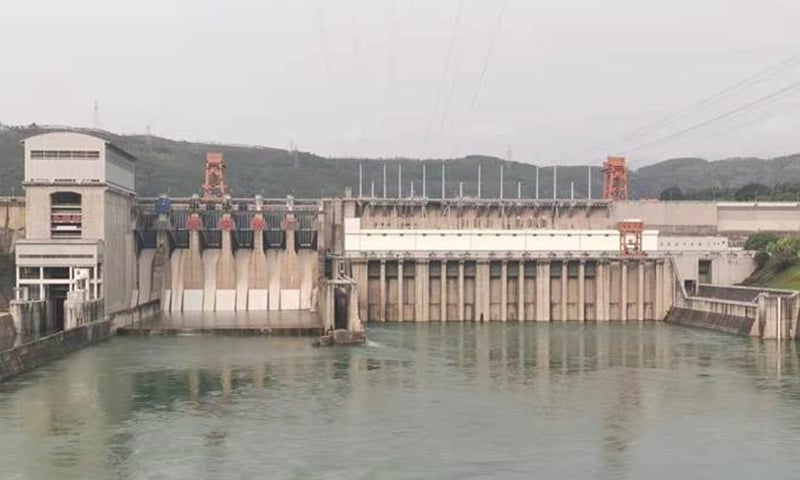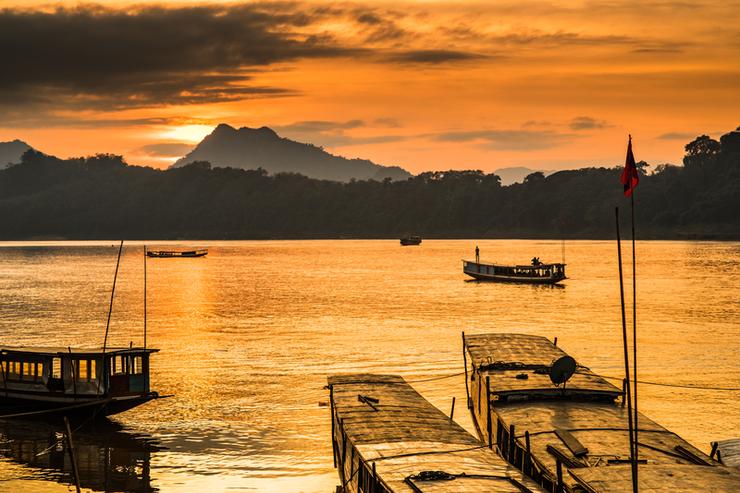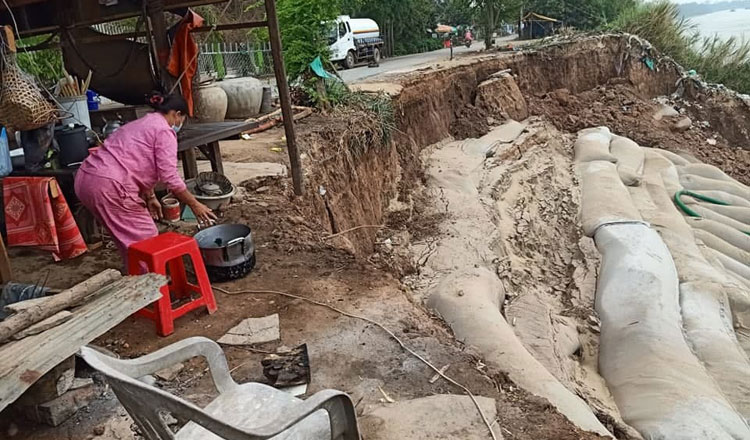Category: Mekong
Resilient rivers: Helping protect the Mekong, and rivers around the world
Despite the wins in Cambodia, Goichot says the Mekong remains “in a state of stress that is pretty alarming.”
Urgent responses to climate change in the Mekong river are required
With rapid economic development, exponential population growth, urbanisation, industrialisation, and increased agricultural production in the region, the demand for water and river-based resources has dramatically increased, which gives rise to environmental degradation, resource scarcity, and struggles among diverse groups of resource users including local people, development agencies, conservation organisations, and private sectors, and between upstream and downstream nations.
The poor state of press freedom is stunting social progress in Southeast Asia
None of the 11 countries in the ASEAN bloc scored above RSF’s ‘difficult situation’ designation. Singapore and Laos were also included in this designation of countries with the worst press freedom in the world.” “
Fueled by China, Coal Still Firing in SE Asia Despite Environmental Concerns
While many markets, including the United States, Europe, and East Asia, shift away from coal, Chinese banks, energy and construction companies remain committed to financing and building dozens of plants in Indonesia, Vietnam, Cambodia, and Laos.
Mekong countries’ diplomats call for more experience sharing in water governance upon in-person visits to China’s dams
After visiting the Nuozhadu and Jinghong hydropower stations, built on the Lancang River – upstream of the Mekong River that links six riparian countries – in Southwest China’s Yunnan Province, last week, envoys learned about the running techniques of Chinese-built dams and underlined the potential contribution of reservoirs to downstream communities in regulating flood and replenishing drought.
Google helps tackle plastic pollution in the Mekong River, aided by machine learning
Aided by technical advisory support from Google, the CounterMEASURE project will build and deploy a new machine learning model capable of uncovering a more detailed and accurate view of plastic pollution in the river.
People live in fear as Mekong riverbanks collapse
Authorities stated that sand mining had not collapsed the riverbank, but locals say the riverbank had never collapsed before the sand mining moved to the section of the river.
Climate change: Growing doubts over chip fat biofuel
“Because we are buying it, they have less used cooking oil to use on the things that they were previously using it for,” said Greg Archer with Transport & Environment. “And they’re just buying more virgin oil and that virgin oil is largely palm oil, because that’s the cheapest oil available. So indirectly, we’re just encouraging more deforestation in Southeast Asia.”


